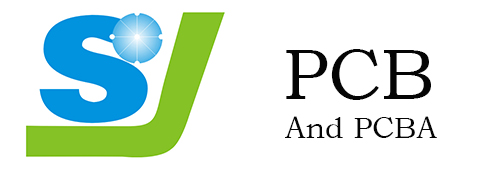
Hard board: PCB, often used as a motherboard, cannot be bent.
Rigid board: PCB (Printed Circuit Board); Soft board: FPC or FPCB (Flexible Printed Circuit Board); Rigid-flex board: RFPC or RFPCB (Rigid-Flex Printed Circuit Board), as the name suggests, it is both a hard board and a soft board Characteristic of a new type of wire board. The hard board part, like the PCB circuit board, has a certain thickness and strength, which can install electronic components and withstand a certain mechanical force, while the soft board part is usually used to achieve three-dimensional installation. The use of the soft board makes the whole piece of soft and hard combined. The plate can be bent locally.

FPC: FPC, also known as flexible circuit board, can be bent.
Flexible printed circuit board (Flexible Printed Circuit, FPC), also known as flexible circuit board, flexible circuit board, is favored for its excellent characteristics such as light weight, thin thickness, and free bending and folding, but the domestic quality inspection of FPC is still mainly Relying on manual visual inspection is costly and inefficient. With the rapid development of the electronics industry, the design of circuit boards is becoming more and more high-precision and high-density, and the traditional manual detection methods can no longer meet the production needs. FPC defect automatic detection has become an inevitable trend of industrial development.


